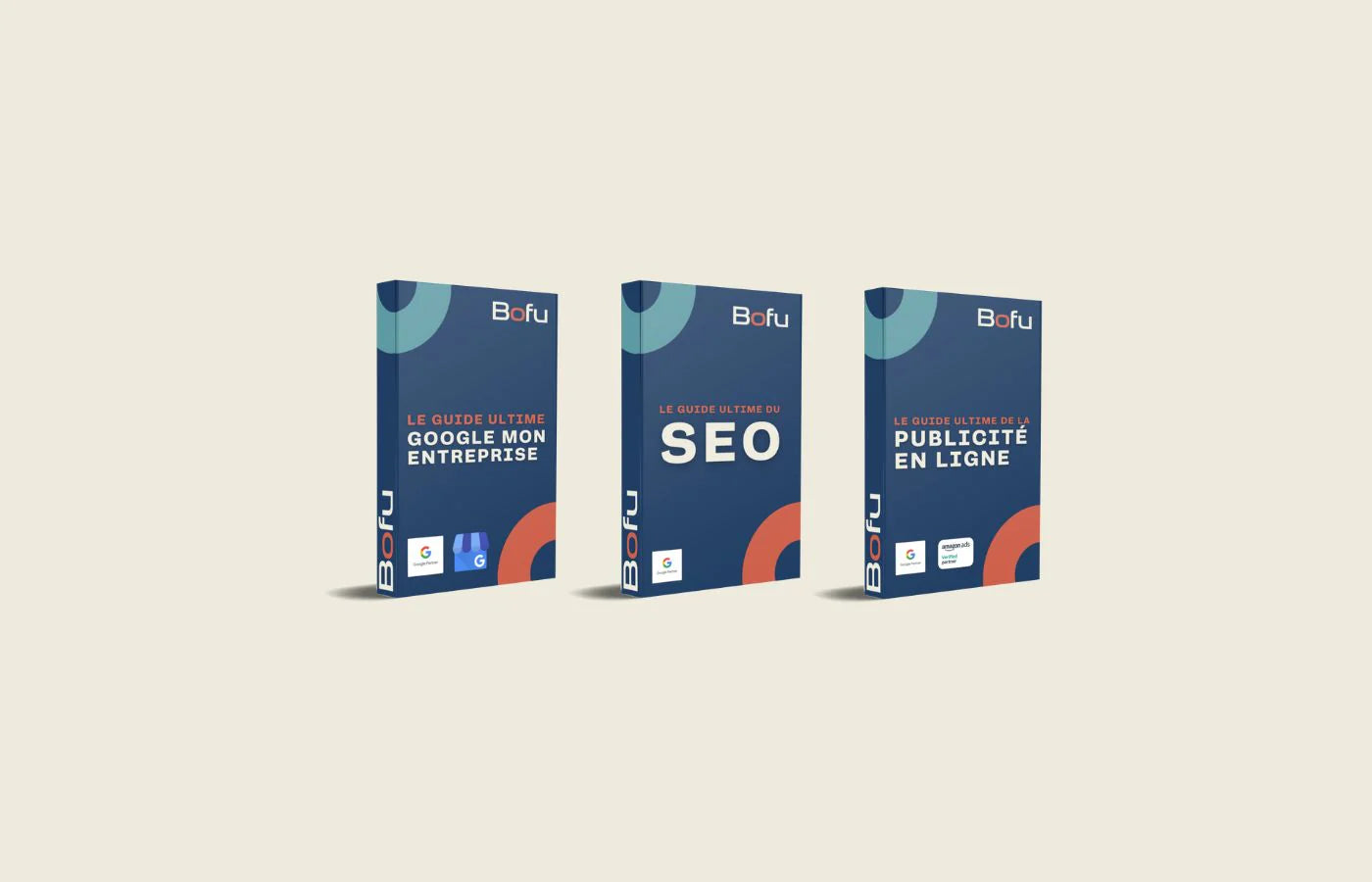The world of eCommerce is evolving rapidly, and consumer behaviors, whether professional (B2B) or end consumers (B2C), are changing according to technological, social and economic trends. Understanding these trends is essential to anticipate customer expectations, adapt your offer and optimize your sales and marketing strategies.
In this article, we explore the major consumer trends shaping the future of eCommerce, highlighting the specificities of B2B and B2C models. We will also discuss how these developments can influence the creation of an optimal shopping experience on Shopify, with the support of Bofu .
The rise of alternative payment methods and external financing
Consumers are looking for simple, fast and secure payment solutions. Whether it’s deferred payment, mobile payments or one-click payment services, alternative methods are becoming essential. Another key trend is the emergence of external financing solutions that allow customers to pay in installments.
In B2B, companies are increasingly adopting deferred or installment payment solutions. Services like Shopify Payments and specific payment integrations allow business buyers to pay on terms that fit their cash flow cycle. Some companies can also integrate financing solutions like Financeit to allow their customers to spread payments over several months.
In B2C, payment solutions like Sezzle , Klarna , and Affirm are becoming standards. Shopify makes it easy to integrate these solutions to reduce purchase friction, increase average order value, and improve conversion rates.
The rise of responsible consumption and sustainable initiatives
Consumers, whether B2B or B2C, are increasingly placing importance on the sustainability and responsibility of brands. This trend directly influences purchasing choices and customer loyalty.
Shopify offers a native solution called Shopify Planet , which allows merchants to offset the carbon footprint of their deliveries. This feature helps businesses adopt a sustainable posture while transparently communicating their environmental commitment. With the rise of responsible consumption, this initiative becomes a major asset for retaining a customer base sensitive to ecological issues.
Personalization of the customer experience through external dynamic media
Personalization is becoming a fundamental requirement in both B2B and B2C. Customers are looking for experiences that are tailored to their specific needs, but this personalization must also be omnichannel. Shopify offers several native tools to meet these expectations.
Omnichannel advertising with dynamic catalogs allows you to display personalized products based on user preferences and behaviors on platforms like Meta Ads and Google Ads . Dynamic catalogs synced with Shopify ensure that ads stay up-to-date and relevant to each customer.
Dynamic email marketing remains a key channel for re-engaging customers. Shopify allows you to create automated email campaigns with personalized product recommendations. This approach improves re-engagement rates and boosts conversions, especially when combined with targeted promotions.
To help businesses expand internationally, Shopify offers the Geolocation app, which automatically displays the appropriate language and currency based on the user’s location. This ensures a seamless local experience, which is essential for maximizing conversions in foreign markets. Additionally, the native Translate & Adapt app makes it easy to translate your store’s content and adapt it to the cultural specificities of each market.
Data and Privacy Issues: Bill 25 in Quebec
With the rise of personalization and omnichannel campaigns, customer data management is becoming a major issue. Quebec's Bill 25 , which governs the protection of personal information, imposes strict obligations on companies regarding the collection, use and retention of data. Merchants must obtain explicit consent from customers for the collection and use of their data, ensure transparency regarding the purpose of the data collected and implement rigorous security measures to protect this data.
With Shopify and Bofu ’s support, you can ensure your store meets legal requirements while optimizing personalization and customer engagement. Shopify also offers native tools to simplify privacy preference management, ensuring seamless compliance with local regulations.
Shopify specific tools to anticipate these trends
Shopify offers a full suite of native apps and tools to meet consumer trends. Here are some key solutions:
• Shopify Audiences : Best for advanced audience targeting across multiple channels. It allows you to export precise segments to advertising platforms like Facebook and Google.
• Shopify Markets : Simplifies managing international sales, offering customization options by region, including language, currency, and local taxes.
• Shopify Collabs : Facilitates collaboration with influencers and content creators, a powerful lever for generating awareness and authentic content.
• Geolocation : Automatically displays the appropriate language and currency for each visitor, improving the local shopping experience.
• Translate & Adapt : Allows you to translate and adapt your store content into multiple languages, ensuring a relevant and engaging local experience.
• Bundle : Allows you to create grouped product offers, an effective strategy for increasing the average basket and offering attractive promotions.
• Shopify Subscription : Useful for subscription models, both B2B and B2C, to encourage recurring sales.
• Shopify Tax : Automates tax management across regions and jurisdictions, an essential feature for merchants operating internationally.
Emerging trends to watch
In addition to current trends, some technological innovations could strongly influence the future of eCommerce:
• Generative AI : Already being adopted, it enables the creation of personalized marketing content, dynamic product descriptions and automated campaigns based on customer preferences.
• Augmented (AR) and virtual (VR) reality : These technologies are becoming more and more accessible and allow for the creation of immersive experiences. For example, a furniture store can offer a 3D visualization of products in the customer's environment.
• Voice search : With the rise of virtual assistants like Alexa, Siri and Google Assistant, voice search is becoming an important channel to integrate into your SEO strategy.
Conclusion
Consumer trends are evolving rapidly, and eCommerce businesses must adapt to stay competitive. Offering innovative and flexible payment solutions, personalizing the customer experience through dynamic media, ensuring carbon-neutral deliveries, and adopting sustainable practices are no longer options, but imperatives to attract and retain a demanding customer base.
With powerful tools like Shopify Audiences , Markets , Planet , Geolocation , Translate & Adapt , Bundle and more, and the expertise of Bofu , you can anticipate these changes and deliver an optimal shopping experience across all channels. Additionally, meeting legal requirements for data management, such as Bill 25 in Quebec, is essential to maintaining customer trust.
Ready to adapt your eCommerce strategy to new trends and take advantage of the most powerful tools? Contact us today for tailor-made support and propel your eCommerce into the future.














